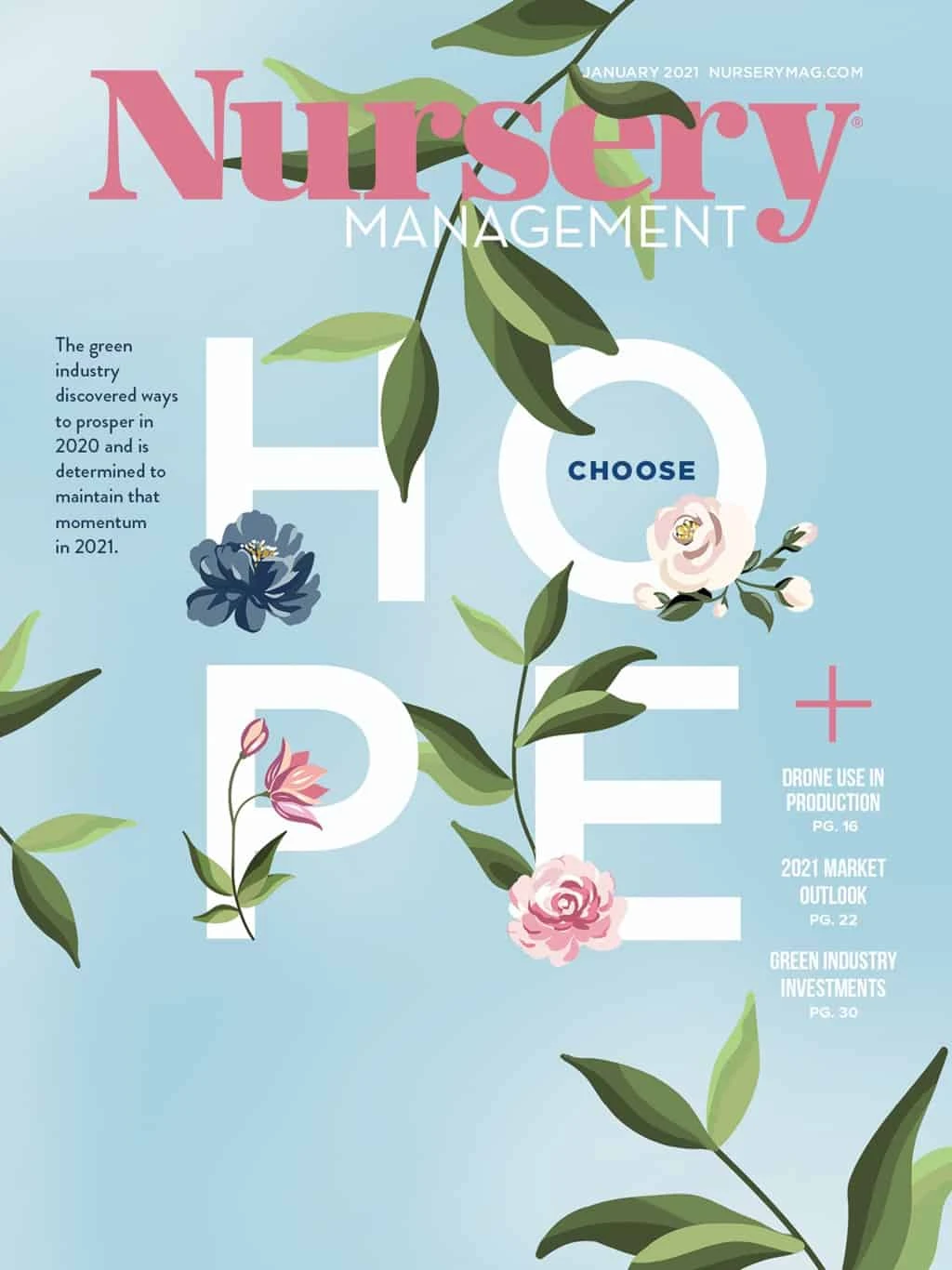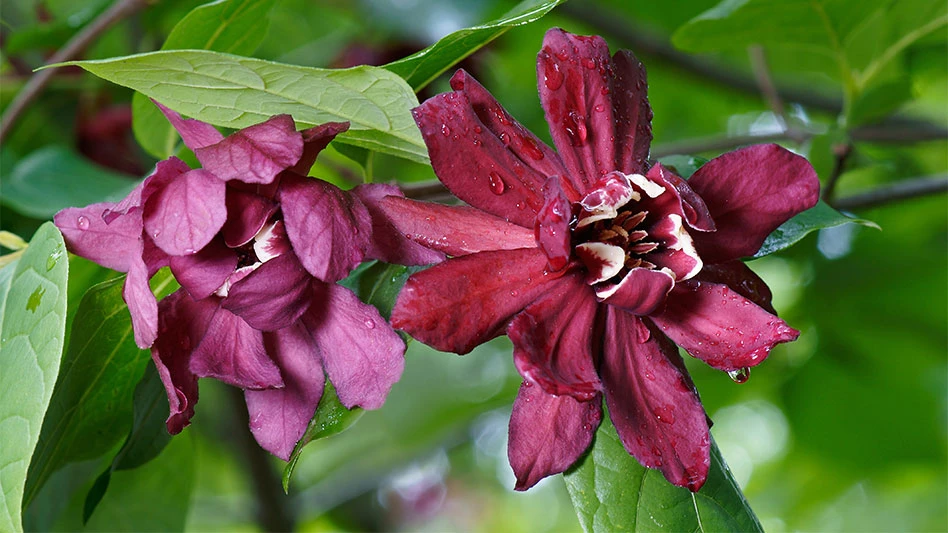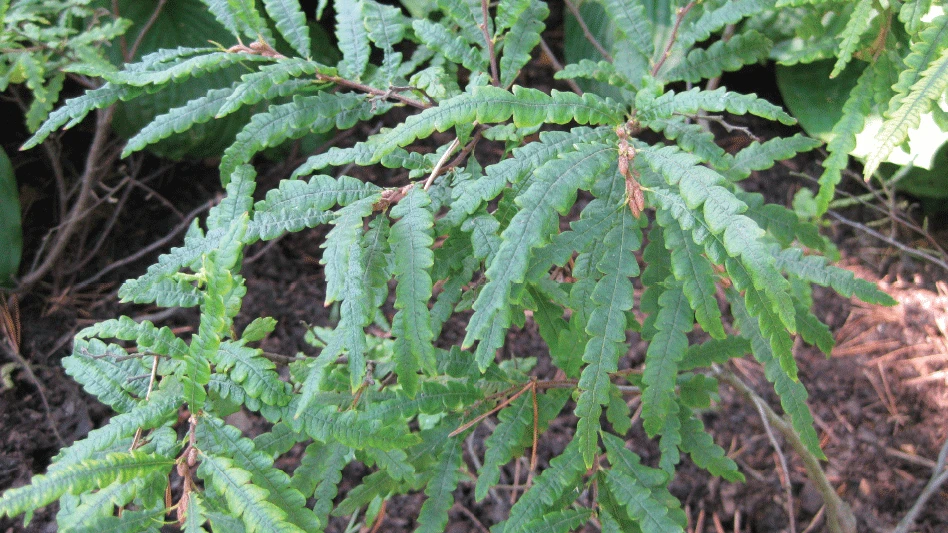
A University of Vermont study is among the first to explore COVID-19’s impacts on how people value nature and it found that people — who ranged from stuck at home to stressed in essential worker jobs — reported significant increases in outdoor activity during COVID-19, especially among women.
Outdoor activities seeing the largest increases were: watching wildlife (up 64%), gardening (57%), taking photos or doing other art in nature (54%), relaxing alone outside (58%) and making their masked and distanced way on walks (70%).
“These data are like a treasure chest of the pandemic moment: a record of how people have been thinking about their relationship with the rest of the world in a time of great upheaval,” says Rachelle Gould of the University of Vermont, the study’s senior author in a released statement.
Read the entire report here: http://bit.ly/nature_pandemic.
Not everyone experienced more nature equally. Differences were tied to factors including gender, income and employment, and whether people lived in urban or rural areas. Women increased their nature use in more ways than men. Across the six most common nature activities in the study, women were 1.7 (gardening) to 2.9 (walking) times more likely to report increasing their engagement than men. Men were not more likely than women to report increased engagement in any activities.
While the study advances our understanding of gender differences during COVID-19, the researchers plan to inspect this finding further. They wonder if women had a greater need for stress relief during the pandemic, and are potentially more likely than men to turn to nature for that.
“More research is needed, but our preliminary analysis suggests that, during the pandemic, women are more likely than men to report increased importance of values that include mental well-being, beauty, exercise, familiarity with landscape, and fun,” says Gould. “Our next step is to analyze the qualitative data to explore this result more fully.”
Those who lost their jobs during the pandemic also had higher odds of reporting increased gardening, relaxing socially, walking and wildlife watching.
“This suggests that COVID-19 is overturning the idea that nature and its benefits — from stress reduction to social connection — are becoming ‘luxury goods,’” says Diana Hackenburg, a PhD candidate at the Rubenstein School, and a Gund Graduate Fellow.
“This study is a timely snapshot of the central role nature plays in our well-being, and how important access to nature is during challenging, uncertain times like this pandemic,” says Tatiana Gladkikh, a Gund Graduate Fellow. “I hope the results help inform future land management decisions.”
The data resulted from online surveys of over 3,200 people in Vermont during the state’s “Stay safe, stay home” executive order, announced in May 2020.

Armed with this type of information, green industry marketers can help growers, retailers and landscape companies provide positive campaigns aimed at keeping consumers interested in plants, both indoor and outdoor, even after the pandemic diminishes.

Explore the January 2021 Issue
Check out more from this issue and find your next story to read.
Latest from Nursery Management
- How impending tariffs and USDA layoffs impact the horticulture industry
- Shifting the urban environment
- These companies are utilizing plastic alternatives to reduce horticultural waste
- How to create a sustainable plant nursery
- Lamiastrum galeobdolon ‘Herman’s Pride’
- One of rarest plants on earth: Tahina spectabilis
- Leading Women of Horticulture: Angela Labrum, Bailey Nurseries
- Get to know Pat Reilly with NewGen Boxwood and the American Boxwood Society






